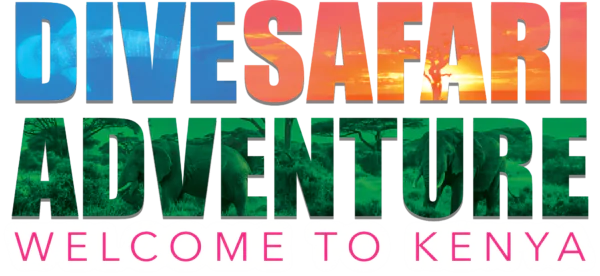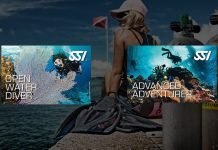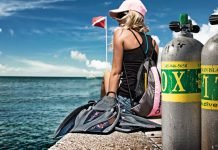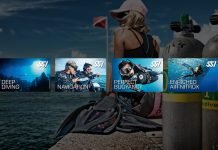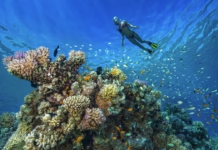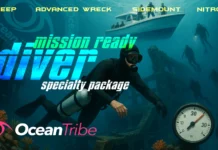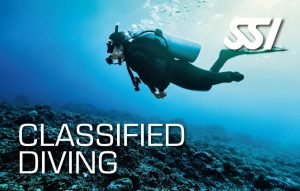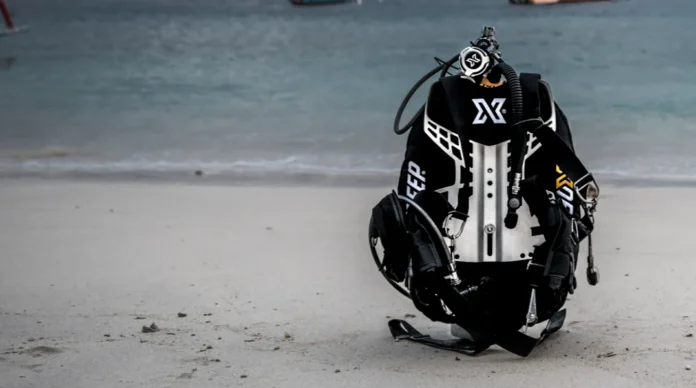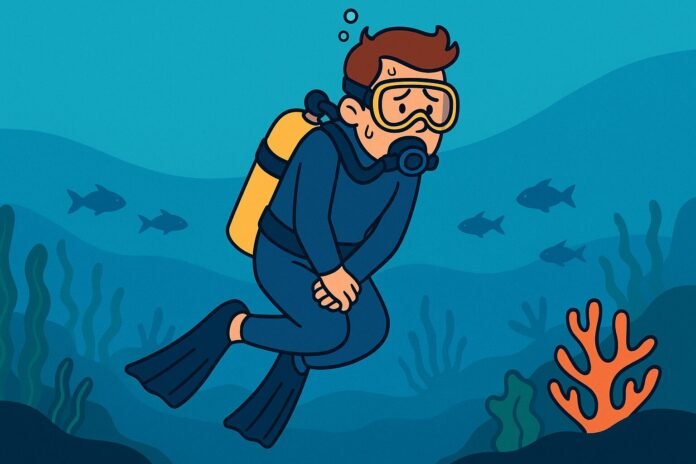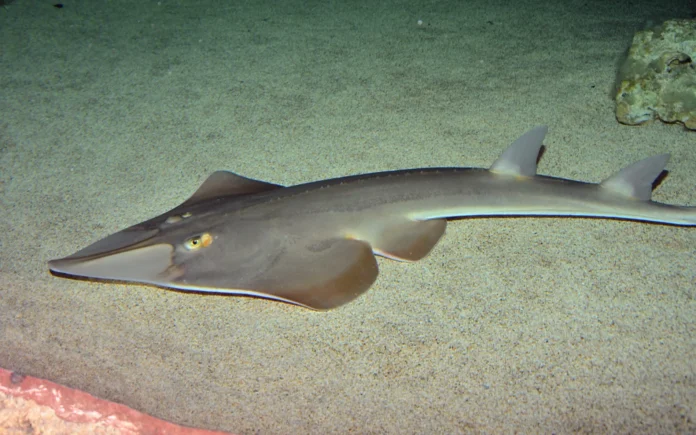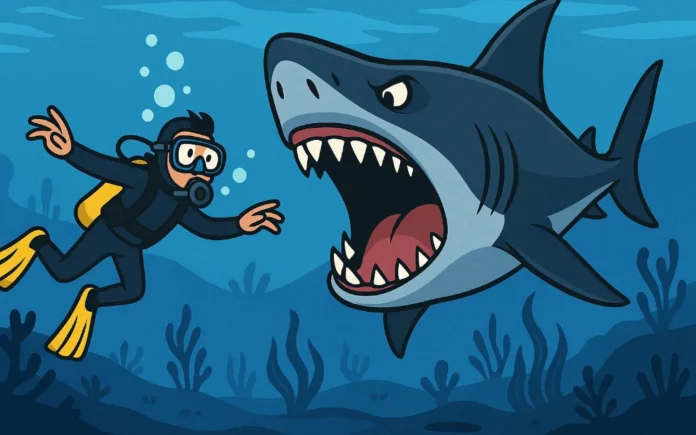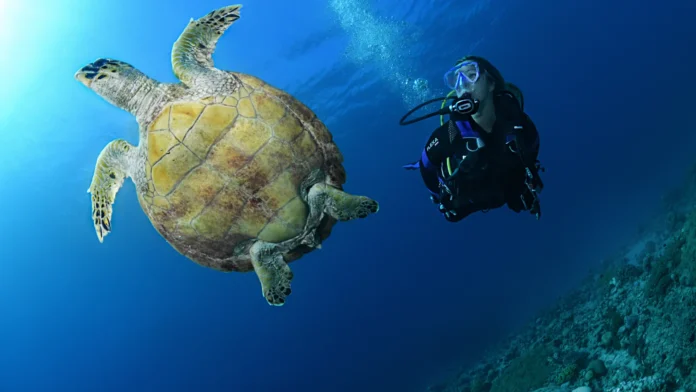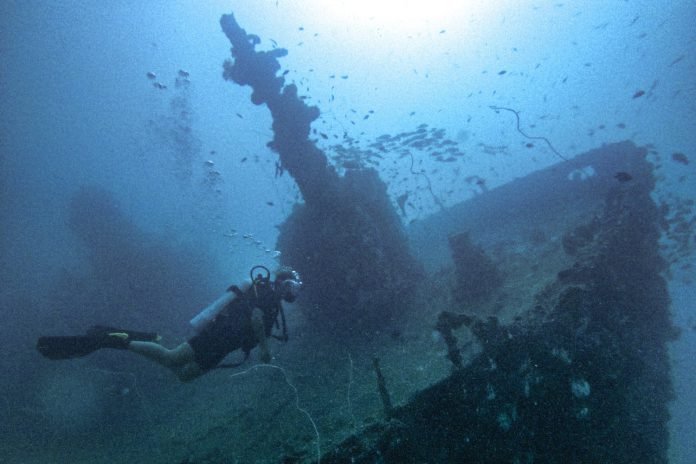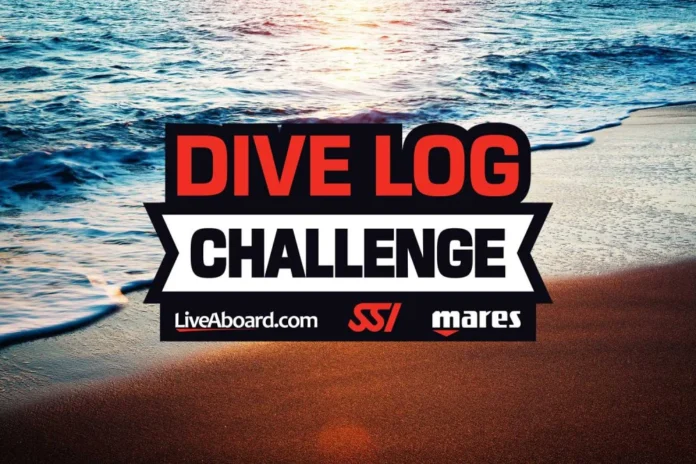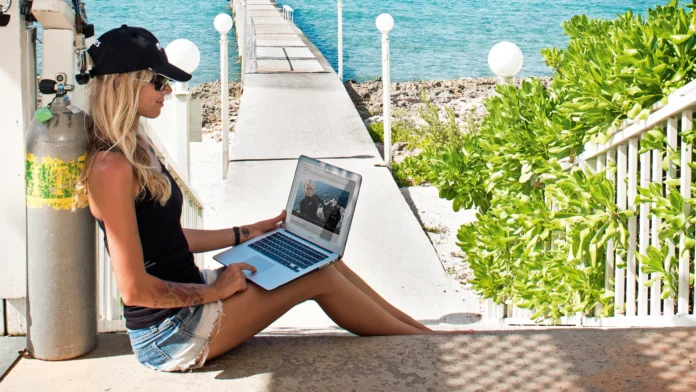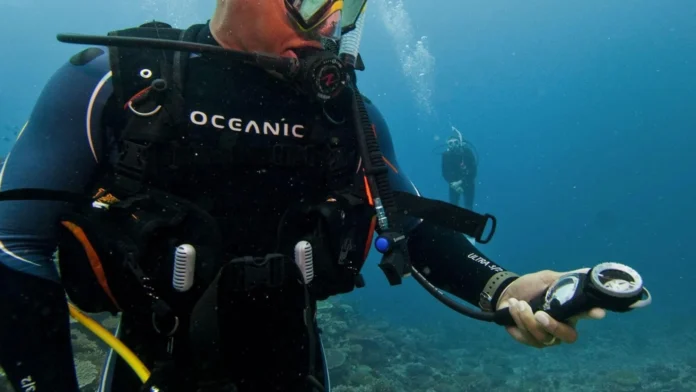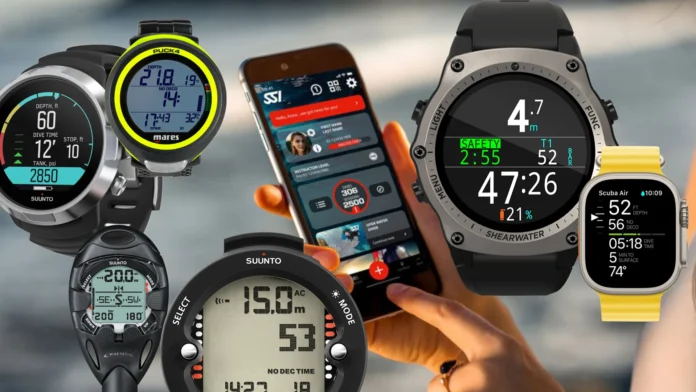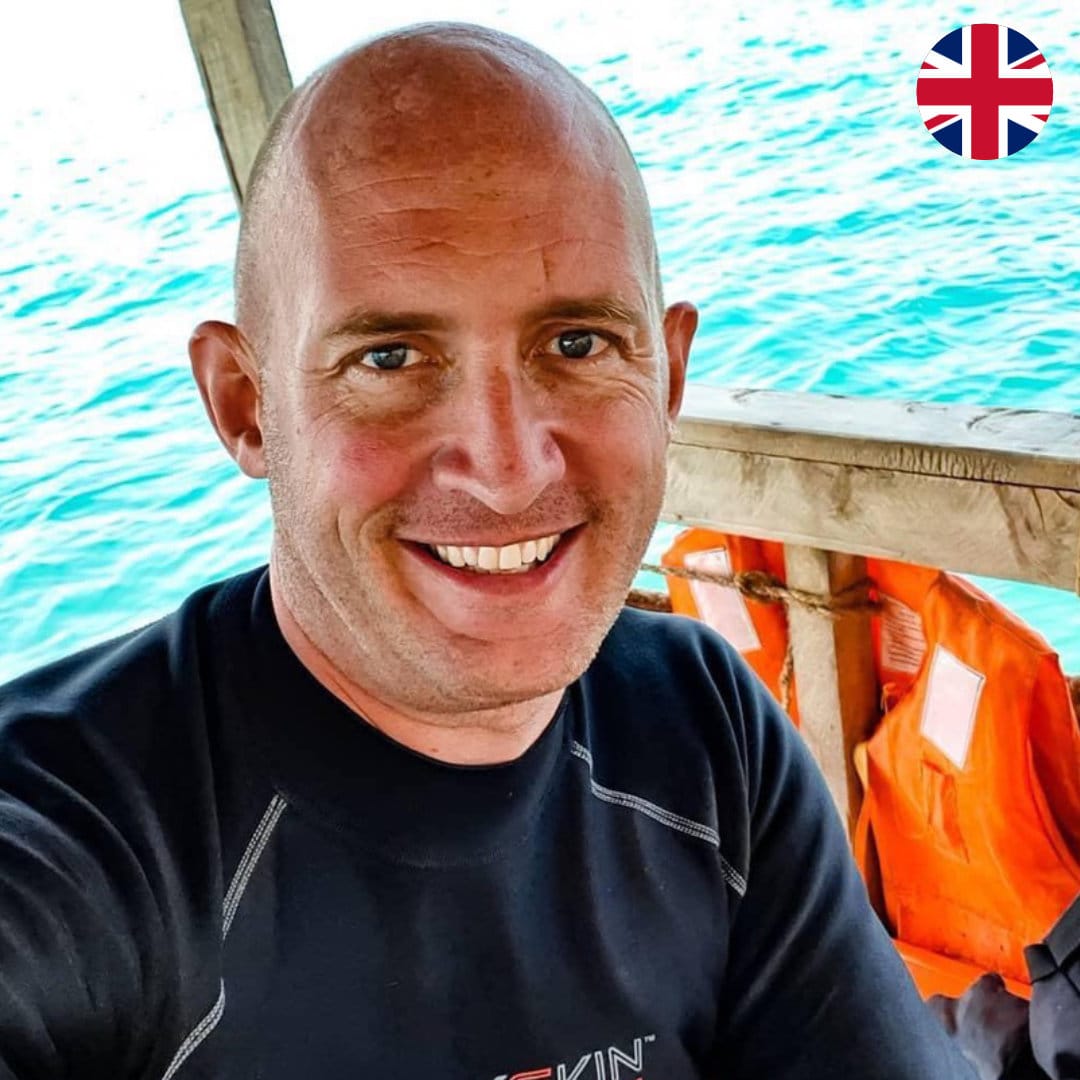Diving into scuba for the first time is thrilling—and picking the right first dive computer can make that experience safer, more comfortable, and ultimately more fun. A dive computer isn’t just a gadget; it becomes your underwater partner, constantly measuring depth, time, ascent rate, and dissolved‑gas loading—then using a decompression algorithm to guide your safe return to the surface . As you prepare to choose your first dive computer, this guide leads you step‑by‑step through the features that matter.
Why This Matters for Your First Dive Computer
At its core, every dive computer tracks depth versus time to calculate no‑decompression limits, warn you of ascent‑rate excesses, and log your dive profile . Unlike tables, the computer adapts to what you actually do underwater—real‑time data, dynamic guidance, fewer risks, and far more confidence . For a diver’s very first dive computer, intuitiveness, reliability, and safety-critical clarity should come first. Everything else—compass, air integration, gas switching—is icing on the cake as your diving grows.
When you plunge into your first open‑water dives, the essential screen data you need are depth, elapsed time, and remaining no‑decompression time . Beyond that, every reliable first dive computer should track ascent rate, manage enriched‑air (nitrox) if you’re already trained, and display battery status and surface‑interval warnings . You want that information simple, unambiguous, and easy to read even if stress levels rise underwater .
Feature Layers: Starting Simple, Expanding Later
For your dive computer, beginners often benefit from a basic, all‑in‑one unit: depth, time, safe‑ascent guidance, nitrox support, and a rugged, easy‑to‑read display. A first dive computer like the Mares Puck or Suunto Zoop Novo fits this profile: straightforward menus, user‑replaceable batteries, large digits, and rock‑solid reliability. As one Reddit diver explained, “You can go for [a cheap computer], wireless AI is a nice gadget, but you can keep it for later” .
When you’re ready to step up—adding features such as air integration, tilt‑compensated compass, rechargeable battery systems, and mixed‑gas support—mid‑range first dive computers like Shearwater’s Peregrine TX or Tern TX, or Suunto’s D5, offer flexibility without overwhelming new divers.
Air‑Integration and Digital Compass
Air‑integration allows your first dive computer to show cylinder pressure and calculate air‑time‑remaining—comforting and convenient, but only critical once you’re diving nitrox or planning multiple dives per day .
Digital compasses eliminate the need for a separate navigation tool underwater—ideal for clear, drift, or wreck diving scenarios. Many models include compasses built‑in; base variants skip them to keep cost and complexity down.
Battery Decisions
Your first dive computer will either use a rechargeable lithium‑ion battery (sealed, USB‑charged) or a user‑replaceable coin cell. Replaceable types (common in budget units like Zoop 2 or Mares models) are easy to swap in the field and preferred for remote travel. Rechargeable units (in Suunto D5, Shearwater Peregrine TX, Shearwater Teric) offer day‑to‑day convenience, but need reliable charging before each trip .
Growth Path: From Basic to Tech‑Ready
Your first dive computer should feel comfortable from dive one, but not box you in for dive fifty. If you’re considering sidemount, nitrox or technical courses down the line, choose a model that lets you upgrade firmware, switch gases, or add air‑integration later. The Garmin Descent 3, Shearwater Perdix 2 or Teric series supports full tech features—gas switching, trimix, adjustable algorithms—making them ideal first dive computers for future tech divers.
Smartwatches
Some divers treat their first dive computer as a trusty daily smartwatch too. Apple Watch Ultra/Ultra 2, when paired with Oceanic+ app, and Garmin Descent Mk3 deliver dive‑ready modes, fitness tracking, and smartwatch convenience. For beginner divers not exceeding recreational limits, these can serve as capable first dive computers—especially if you already use them on land.
Does the Dive Computer Export to an App?
In today’s dive‑tech ecosystem, the relationship between your first dive computer and mobile ecosystem matters nearly as much as the device itself. Whether or not your first dive computer has a corresponding app, or links to agency logbooks or third‑party platforms, impacts how smoothly you’ll manage your dive data, training records, equipment logs and share adventures.
Brands like Suunto offer a strong logbook connection: the D5 wirelessly uploads dive data via Bluetooth into the Suunto app, which doubles as a clean, well‑designed logbook interface and syncs to desktop tools like DM5 . Shearwater’s Teric and Tern models connect via Bluetooth to Shearwater Cloud and third‑party apps like Subsurface or MacDive—owning both hardware and app ecosystem lets users effortlessly sync profiles, share notes, and review dive data later . Likewise, Garmin’s Descent series integrates tightly with the Garmin Dive app and Garmin Connect, where surface GPS mapping, gear tracking, and detailed dive analytics—including gas usage—are available .
Beyond manufacturer apps, a vibrant third‑party landscape—such as DiveMate, Deepblu, Subsurface or Divelog—supports data imports from multiple brands and log‑file formats, plus features like photo‑rich dive sharing, buddy lists, and certifications syncing . Some training agencies (SSI, PADI etc.) provide their own logs—SSI’s MySSI app even integrates Mares connectivity and SCUBAPRO LogTRAK dives directly to agency records .
Conclusion: Choosing Your First Dive Computer
Every first dive computer should excel at the basics: clear depth‑time‑no‑deco readouts, safe ascent guidance, enduring battery, and intuitive operation. Start with a simple, rugged model if you’re dipping toes in holiday‑style diving. If your ambition lies in advanced nitrox or technical diving, invest in a machine built for upgradeability from day one—ideally with air integration and compass options.
Your first dive computer becomes your underwater partner—one that should fit your current experience level, grow as you grow, and always keep you safely headed toward the surface. Match features to your plans, balance budget and aspirations, and pick the model that helps you dive with clarity, comfort, and confidence.

